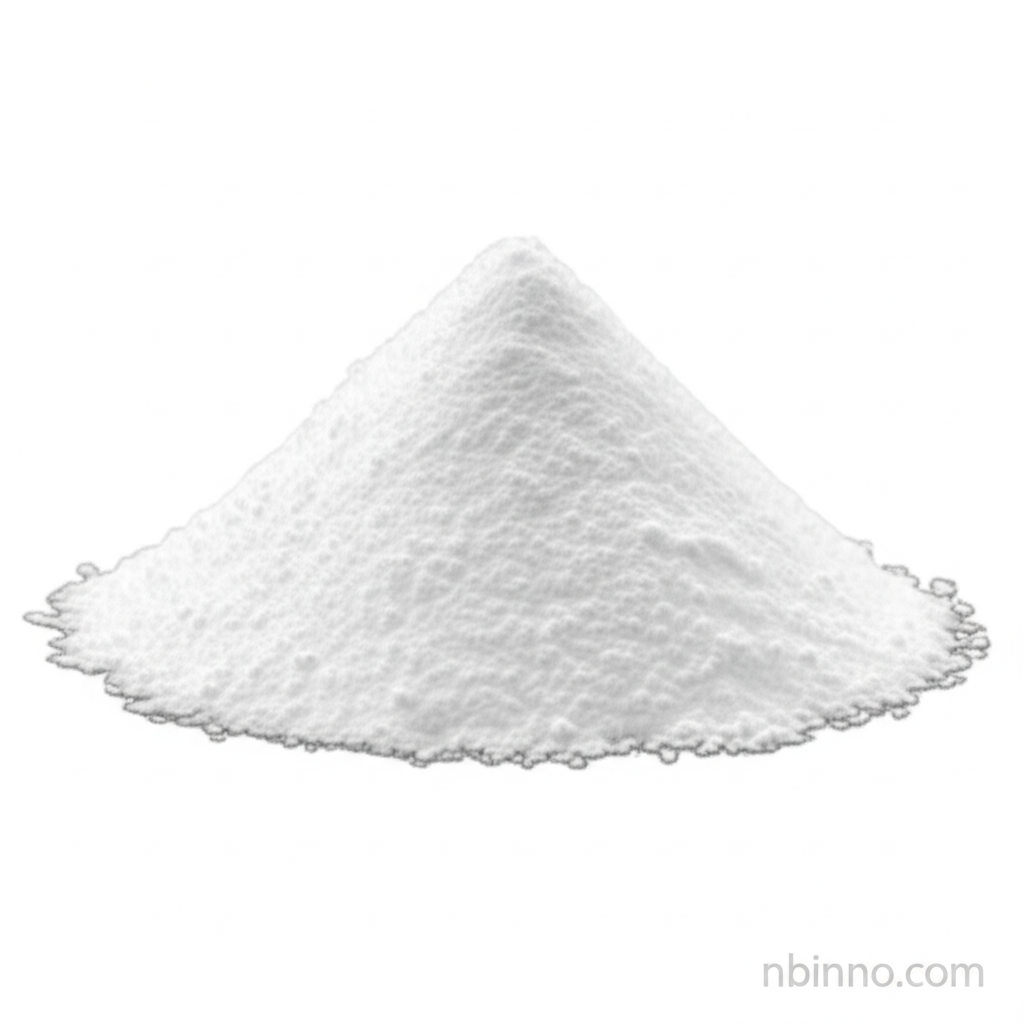Phenibut: Understanding the GABA Analogue, Its Uses, and Potential Risks
Explore the science behind this GABA derivative, its benefits, and critical safety considerations.
Get a Quote & SampleProduct Core Value

Phenibut Powder
Phenibut is a synthetic compound developed in the Soviet Union, acting as a derivative of gamma-aminobutyric acid (GABA). Its chemical structure allows it to cross the blood-brain barrier more readily than GABA, facilitating its effects on the central nervous system. It primarily functions as a GABAB receptor agonist, influencing neurotransmitter modulation and signal transduction to promote relaxation and reduce anxiety.
- Phenibut uses and effects: Primarily used for its anxiolytic, nootropic, and sleep-inducing properties, it's a derivative of the inhibitory neurotransmitter GABA.
- Phenibut withdrawal symptoms: Discontinuation after regular use can lead to symptoms like anxiety, insomnia, irritability, and even psychosis.
- Phenibut dependence and addiction: Prolonged or high-dose use can result in physical dependence and addiction, similar to benzodiazepines.
- GABA analogue explained: It mimics the effects of GABA, the brain's primary inhibitory neurotransmitter, leading to calming effects.
Key Advantages
Anxiolytic Properties
Phenibut is known for its ability to reduce anxiety and stress, making it a sought-after compound for managing nervous tension.
Sleep Improvement
As a CNS depressant, it can promote relaxation and improve sleep quality, aiding those with insomnia.
Cognitive Enhancement Potential
Anecdotal reports suggest potential nootropic effects, including improved focus and cognitive function, though scientific evidence is still developing.
Key Applications
Pharmaceutical Intermediate
Used as a raw material in the production of various pharmaceutical compounds, particularly those targeting neurological pathways.
Nutritional Supplements
Marketed as a dietary supplement for stress relief, mood enhancement, and sleep support, although its classification and safety are debated.
Sport Nutrition
Some athletes use it for perceived benefits in muscle recovery and fatigue reduction, aligning with its role in sport supplements.
Research Chemicals
Its unique pharmacological profile makes it a subject of interest in neuroscience and pharmacology research.
